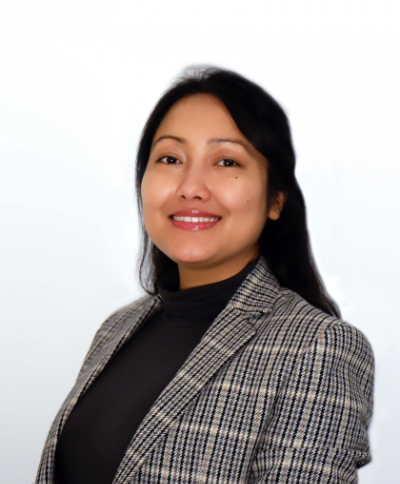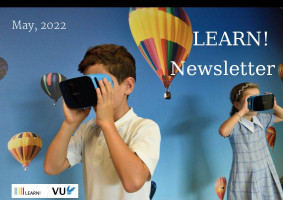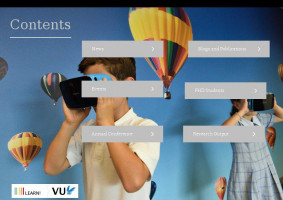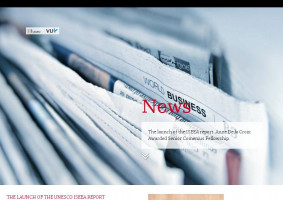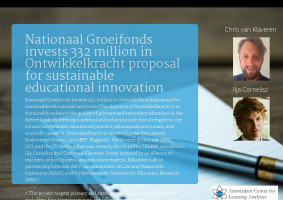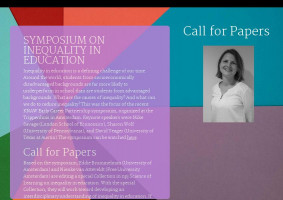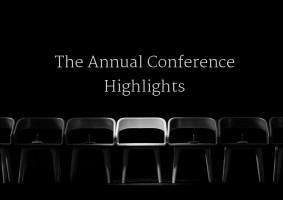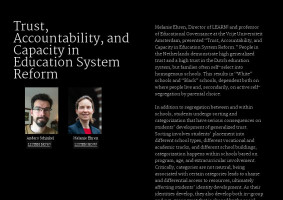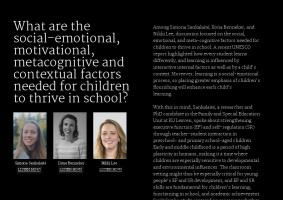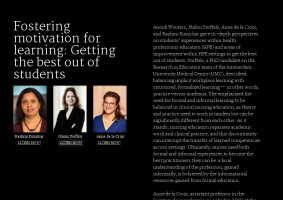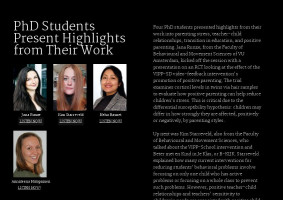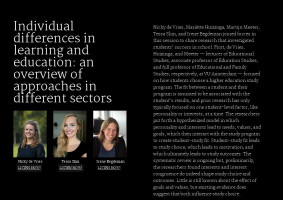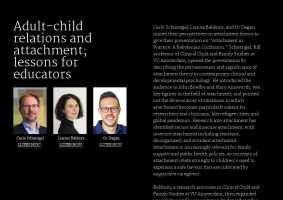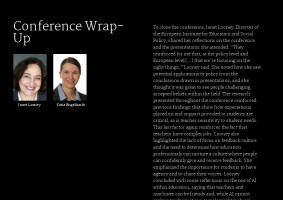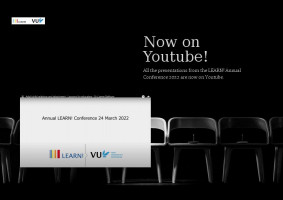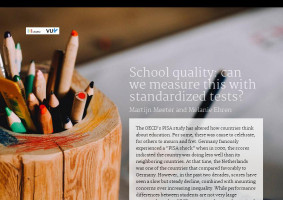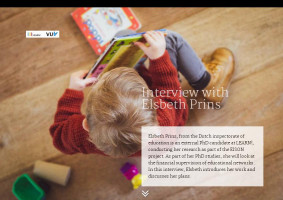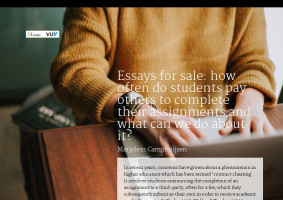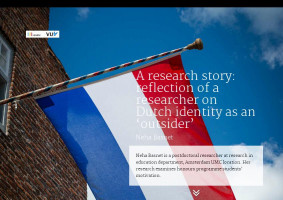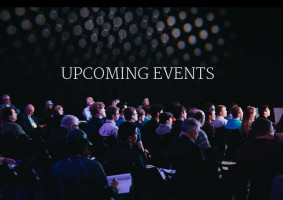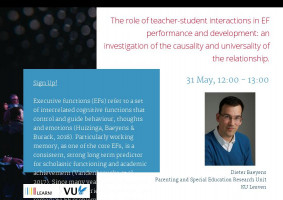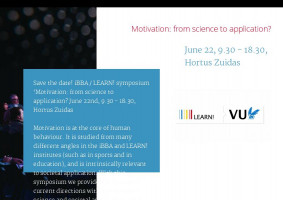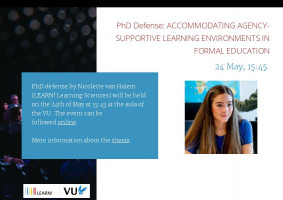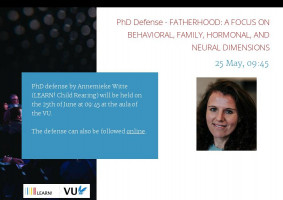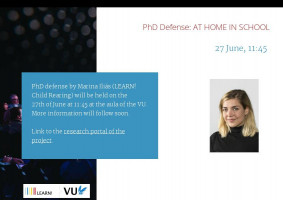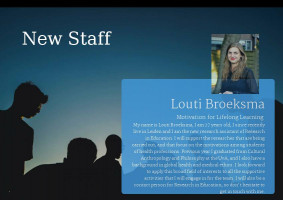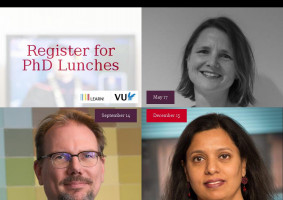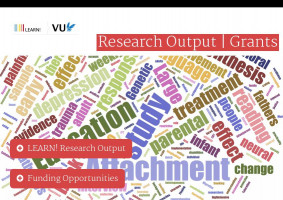The one thing that I have learned from my doctoral research journey is nothing but to wait. Wait for your participants to respond to your request, wait for your research results, wait for the golden ‘moments’ when writing just flow like water, wait for your paper to make sense to your readers, wait for professors to respond to your emails, wait for your paper to get accepted, wait for the spring and summer. The list could go on. Waiting is an endless activity. These ‘waiting’s’, as I have also mentioned in my research, are not the absence of actions but the opportunities to think, reflect, and focus on building something new (not entirely in a materialistic way). It also reminds you to value the importance of little pause in your life (see more about ‘Waiting’ in Basnet et al., 2020).
During my research, I have got the opportunity to enjoy plenty of these little ‘waiting’ moments. Every research interview conducted provided me a chance to sit down and listen to new narratives, experience new realities, and new lived lives. Until now, I had conducted research with Nepalese individuals only. However, I recently got the opportunity to work with Dutch individuals (mainly students) as well. There was one moment during this research, where I watched and listened to a white participant and found myself thinking: ‘my life would have been much easier if I had been born white.’ After finishing the interview with the participant, I got my little ‘waiting’ moment where I suddenly realised how I have generalised and homogenised the ‘white’ as a ‘privileged’ group.
The discourse surrounding ‘white privileges’ emphasizes the fact that being born ‘white’ has its advantages. I had the assumption that ‘white individuals’ have the same privileges and have uniform opportunities. But, not all white individuals are homogenous, nor do they suffer or experience the opportunities equally because they have diverse and multiple identities, as do the people of the global south. During my research interviews with the Dutch students, I noticed that the experiences and differences among the Dutch students are palpable. Often Dutch students (mainly from the minority group) mentioned that the ‘real’ Dutch (white skin and blue eyes) do not consider ‘them’ Dutch.
'But, not all white individuals are homogenous, nor do they suffer or experience the opportunities equally because they have diverse and multiple identities, as do the people of the global south.'
During several interviews with the students, I also encountered common reluctance to refer to themselves (here I am referring to the students with minority backgrounds) as ‘Dutch-Dutch’. At the same time, students who considered themselves ‘Dutch-Dutch’ were often found to attribute ‘other-Dutch’ students' access to education, their failures and opportunities based on their skin color, limited financial resources, cultural preferences, Dutch language fluency/accuracy and their clothing choices.
How long do these ‘other-Dutch’ need to wait to be fully accepted as ‘Dutch-Dutch’?
Edward Said (1987) conceptualised the historical relationship between the West and the East also as the Occident and the Orient. In Said’s Orientalism, knowledge about ‘us’ and ‘them’ is constructed through the practice of power (Said, 1987). The notions such as cultural preferences or obligations, limited financial resources, language barriers, clothing choices, and others found in the conversations with the ‘Dutch-Dutch’ students were purely part of the European imagination of the ‘Orient’. These notions are the product of Orientalism or part of Orientalist perspectives wherein knowledge and power were created through existing European hegemony. The perspectives show that the differences constructed between ‘us’ and ‘them’ are situated in the historical relationship between the Orient (Dutch ethnic minority group in the Netherland) and the Occident (the white-blue-eyed Dutch). The dichotomies constructed by the Dutch students during the interviews and my own against the ‘white Dutch’ as ‘us’- inferior (Orient) and ‘them’- superior (Occident), speak about the stereotyping that we have adopted in our lives about each other. There is a need to encourage students to challenge these binaries and discourses at an early stage of their educational journey.
As an ‘outsider’-researcher in the Netherlands, the experience of conducting interviews with Dutch students, especially around identity, marked the actual internalisation of my role as a researcher.
